Finding suitable accommodation, understanding the rental market, and buying property in Australia can be a daunting task, especially for newcomers. Here are some practical tips to help you navigate the process.
Understanding the Rental Market
1. Research: Before you start looking for a rental property, it’s important to research the areas you’re interested in. Consider factors such as proximity to work or school, public transport options, and local amenities like shops and parks. Websites like Domain and Realestate.com.au offer detailed information about different suburbs, including average rental prices and local facilities.
2. Budget: Determine your budget by calculating your monthly income and expenses. A general rule of thumb is to spend no more than 30% of your income on rent. This will help you narrow down your options and ensure you can comfortably afford your new home.
3. Inspections: Attend as many property inspections as possible. This will give you a good idea of what’s available within your budget and allow you to compare different properties. Take note of the condition of the property and ask questions about any maintenance issues.
4. Application: When you find a property you like, act quickly. The rental market in Australia is competitive, especially in major cities like Sydney, Melbourne and Brisbane. Prepare your application documents in advance, including proof of income, identification, and references from previous landlords.
5. Lease Agreement: Read the lease agreement carefully before signing. Make sure you understand all the terms and conditions, including the length of the lease, the amount of bond required, and any restrictions or obligations. Don’t hesitate to ask for clarification if something is unclear.
Tips for Buying Property
1. Financial Preparation: Buying property is a significant financial commitment. You will require an initial deposit, 20% of the property’s value. Additionally, get pre-approval for a mortgage to understand how much you can borrow and what your repayments will be.
2. Market Research: Understand the property market by researching different areas and property types. Look at recent sales data to get an idea of property values. Tools like RP Data and the CoreLogic Property Value Index can be helpful.
3. Professional Help: Consider hiring a buyer’s agent, especially if you’re new to the property market. A buyer’s agent can provide valuable insights, help you find suitable properties, and negotiate on your behalf. Also, engage a conveyancer or solicitor to handle the legal aspects of the purchase.
4. Inspections: Just like with rentals, inspections are crucial when buying property. Attend open houses and arrange private viewings to thoroughly inspect the property. Look for any signs of damage or needed repairs, and consider hiring a building inspector to conduct a professional assessment.
5. Due Diligence: Perform due diligence by researching the property’s history and checking for any potential issues, such as zoning restrictions or planned developments in the area. Ensure you understand all the associated costs, including stamp duty, legal fees, and ongoing maintenance.
General Tips
1. Location: The location of your rental or purchased property is crucial. Consider factors like the neighbourhood’s safety, the quality of local schools, and the availability of public transport. Proximity to work and leisure activities can also significantly impact your quality of life.
2. Networking: Use your network to get recommendations for reliable real estate agents, property managers, and tradespeople. Personal referrals can often lead to better service and more favourable outcomes.
3. Flexibility: Be flexible with your requirements. You may not find a property that ticks all the boxes, but prioritising your must-haves can help you make a decision. Whether it’s rental properties or buying a home, sometimes compromising on minor details can lead to finding the perfect place.
By following these tips and staying informed about the property market, you’ll be better equipped to find suitable accommodation and make informed decisions when renting or buying property in Australia.

